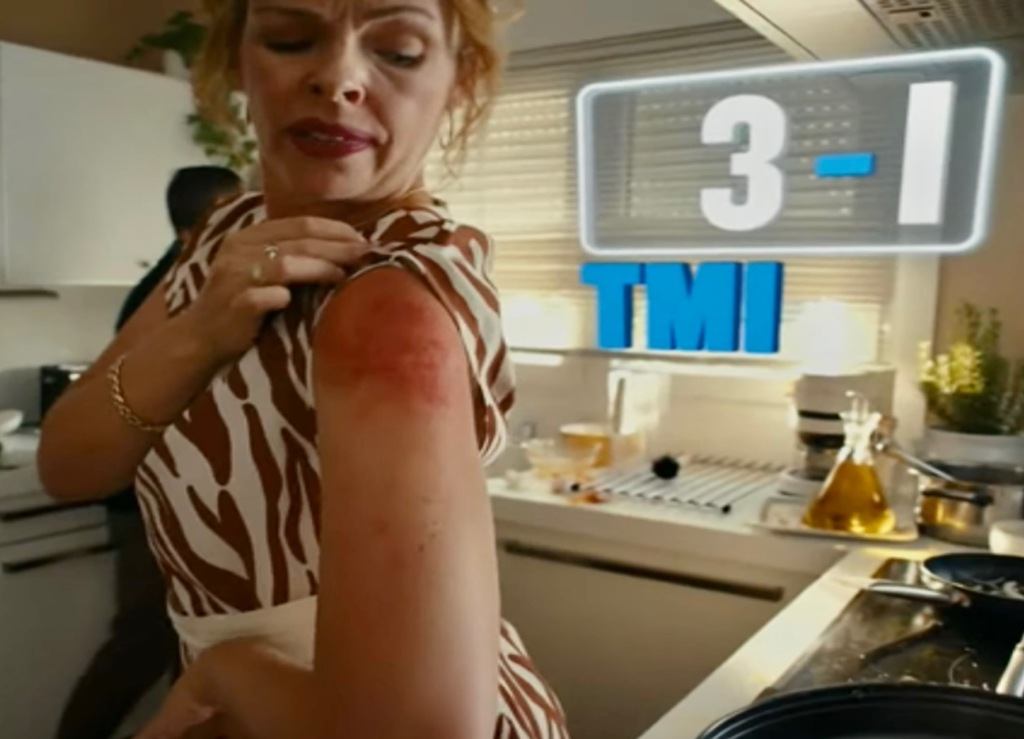It’s been a while since I’ve written here. Our lives took a challenging turn at the beginning of the year. My father-in-law, Donald Croup, fell and broke his elbow in late January. That set off a series of health downturns including a heart attack, a urinary tract infection, and the loss of mobility. Complications around dementia took his life on May 3rd. His memorial site on Forever Missed can be found here.
As Dad’s primary caregivers, Lori, an only child, and I took numerous flights down to Southern California from Sacramento airport. The stress of traveling that much began to wear on me. When approached by PatientPortal to be the subject of a psoriasis patient story I felt conflicted. I looked forward to any opportunity to help others who are living with psoriasis, including through various media. But the time commitment felt overwhelming given everything going on.
The Interview and Shoot
The producers told me they would set up a Zoom call to discuss if I would be a good fit for the project. I figured I could decide whether or not to do the project after asking a few questions about it. At first I thought it was a short check-in call. Then I realized about ten minutes in that this would take an hour or more. By the end of the call they enthusiastically asked me if I would participate. Caught up in the moment I responded that I would.
A few weeks later Drew, the director/producer, came to the house with a film crew. They transformed the living room into a studio where they interviewed me and took footage of the living room campsite and journals. We also went to the Homestead Trail near Lake Berryessa, about a 30 minute drive, to film the outdoor shots. The intermittent rain made climbing the muddy hill a slippery adventure.
Here is the final product posted on YouTube:



